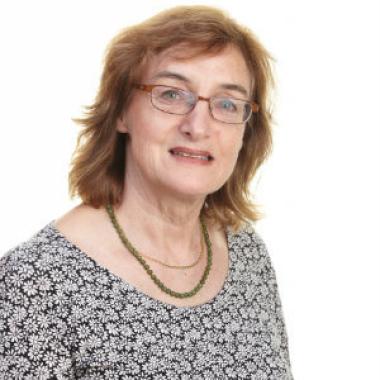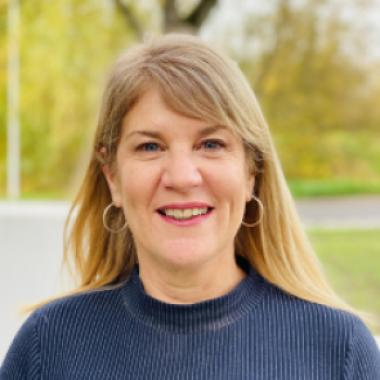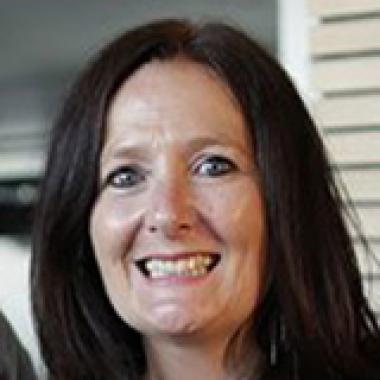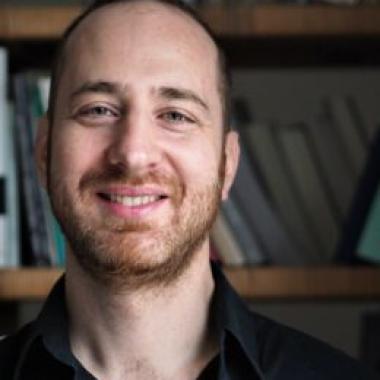The University of Westminster is pleased to host the British Association for Applied Linguistics/Cambridge University Press Seminar “Language and Onward Migration: Bridging Applied Linguistics with Migration Studies” on 13 and 14 February 2024.

Call for papers
The seminar will explore how languages shape the migration trajectories and experiences of onward migrants (OMs), that is, people whose life courses involve staying in two or more destination countries for extended periods, and, conversely, the effects that onward migration has on OMs’ linguistic repertoires. The aim is to engage in an interdisciplinary conversation as scholars working in Applied Linguistics with academics working in Migration Studies to critically reflect on the affordances, limitations, and possibilities that can come from working together across traditional disciplinary boundaries.
The seminar will offer a much needed platform for scholars in applied linguistics and migration studies to develop their knowledge of and skills in two methodological approaches to the study of the language and (onward) migration nexus:
- (a) ethnographically-oriented approaches (Copland & Creese, 2015; Martin-Jones & Martin, 2017; Tusting, 2020), including the ‘researching multilingually’ approach (Holmes et al., 2013)
- (b) quantitative approaches with a focus on large-scale surveys and respondent-driven sampling (RDS), a method that utilises social networks to produce data for ‘hidden’ or ‘hard-to-reach’ populations such as OMs who are not captured by national statistical data and who may be of undocumented status (Tyldum & Johnston, 2014)
The invited speakers will participate in two ‘in conversation’ sessions and lead two methodology workshops. The seminar programme will have space for 12 paper presentations. We invite abstracts for 20 minute presentations (maximum 400 words) that explore how OMs are (un)able to mobilise all the different forms of language that they acquire and develop during their life courses across physical and digital environments to:
- address needs and achieve aspirations linked to migration
- interact and socialise with others
- connect and maintain relationships with people at different points along their migration trajectories
- construct their identities
We are also interested in how OMs’ linguistic repertoires are linked with experiences of racism, xenophobia, and other types of discrimination, as well as precarisation, deskilling, and downward occupational mobility, as well as how repertoires are linked with positive migrations experiences, including, but not limited to, senses of belonging, community building, achievement, and advancement in life.
If a high number of high-quality abstracts are received, a poster session will be included in the seminar programme.
Please submit your abstracts alongside your full name and affiliation via email to the organisers by 1 November 2023:
- Petros Karatsareas on p.karatsareas@westminster.ac.uk
- Dr Vally Lytra on v.lytra@gold.ac.uk
- Dr Adriana Patino on a.patino@soton.ac.uk
Notifications of acceptance will be sent out before 30 November.
Registration
Registration fees are as follows:
- BAAL members (regular rate) - £30
- BAAL members (reduced rate – student, retired, unemployed) - £15
- Non-BAAL members (regular rate) - £40
- BAAL members (reduced rate – student, retired, unemployed) - £20
See more information on becoming a BAAL member.
Seminar programme
About the speakers

Prof Prue Holmes, Durham University
Professor Holmes’s research and publications focus on several interrelated areas: researchers’ multilingual resources in the research process in multidisciplinary, multilingual, and multinational contexts; interculturality; intercultural competence; intercultural dialogue and critical intercultural pedagogies in higher education and in contexts of (forced) migration and conflict; internationalisation, including international and Chinese students’ learning and study-abroad experiences; and the doctoral experience.

Prof Rosina Márquez Reiter, The Open University
Professor Márquez Reiter has led projects on the unfolding of linguistic practices of Latin Americans in Madrid and ethnolinguistic minorities in the UK. Her current research focuses on understanding shifts in cultural values and the new communicative practices brought about by the increasing use of digital technologies, as well as the role of diverse communicative practices for sustainable livelihoods in the informal economies of the Global South and the Global North.

Prof Cathy McIlwaine, King's College London
Professor McIlwaine’s research revolves around issues of gender, poverty, and violence in cities, especially in Latin America, and among migrants in London. The latter focuses on low-paid migrant workers in general and specifically the Latin American community in relation to transnational livelihoods, citizenship, and gendered violence. Her current and recent research projects include work on gendered violence amongst Brazilian migrants in London and Brazil, and the experiences of migrant survivors of VAWG with insecure immigration status.

Dr Emmanouil Pratsinakis, Harokopio University of Athens
Dr Pratsinakis’s academic interests broadly concern the study of migration and nationalism. He has done research and published on immigrant-native relations, ethnic boundaries and categorisation, everyday nationhood, diasporas, brain drain, and intra-EU mobility in the post 2008 period.


